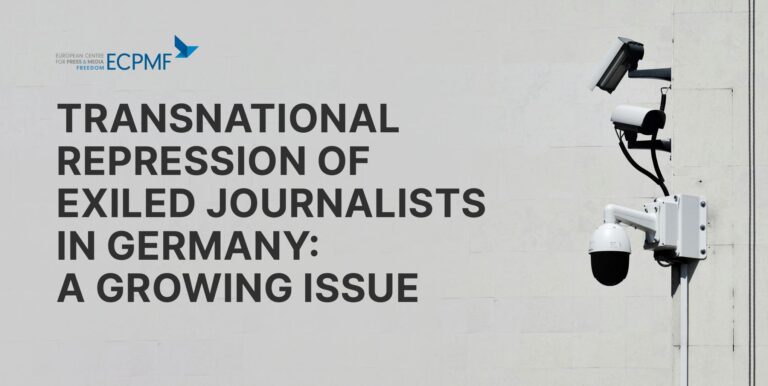Australia has condemned recent actions by Hong Kong authorities aimed at silencing exiled dissidents overseas, labeling such measures as part of a troubling pattern of “transnational repression.” The protests and criticism from Canberra come amid growing concerns over Beijing’s expanding reach beyond its borders to intimidate and stifle voices critical of its governance. The Guardian reports that this development highlights escalating tensions between democratic nations and Hong Kong’s de facto mainland-controlled administration as efforts to curtail dissent extend into foreign countries.
Australia Denounces Hong Kong’s Cross-Border Surveillance of Exiled Activists
The Australian government has publicly condemned the ongoing efforts by Hong Kong authorities to extend their surveillance and intimidation tactics beyond their borders, targeting exiled activists who have sought refuge abroad. Officials warn this transnational repression poses a serious threat to democratic freedoms and human rights. These operations reportedly include intimidation, hacking, and psychological pressure aimed at silencing dissenters and discouraging activism within diaspora communities. Australia’s foreign minister emphasized that such tactics are unacceptable and called on the international community to join efforts in protecting political refugees from cross-border harassment.
Highlighting key concerns, the Australian statement outlined the following impacts of Hong Kong’s extraterritorial surveillance:
- Violation of sovereignty: Interference in the domestic affairs of democratic nations hosting exiles.
- Suppression of free speech: Threatening activists to curb their advocacy and criticism.
- Infringement on human rights: Psychological and digital harassment undermining safety and well-being.
| Country | Reported Incidents | Actions Taken |
|---|---|---|
| Australia | 15+ | Official condemnation, increased support for activists |
| United Kingdom | 20+ | Sanctions, shelter programs for dissidents |
| Canada | 10+ | Public denunciations, enhanced security measures |
Experts Reveal Methods Behind Transnational Repression Targeting Diaspora Communities
Security analysts have identified a range of covert tactics used by state actors to extend their reach beyond borders, effectively targeting political dissidents residing in foreign countries. These strategies include digital surveillance, intimidation through proxy agents, and legal harassment via questionable extradition attempts. Experts emphasize that these methods undermine the sovereignty of host nations and create chilling effects within diaspora communities, suppressing free expression and activism far from the origin country.
Key techniques highlighted by specialists include:
- Cyber intrusions, such as phishing campaigns and malware aimed at dissident networks.
- Physical threats including abductions and intimidation during public appearances.
- Exploiting diplomatic channels to pressure local authorities into compliance.
| Method | Tactics | Impact | |||||||||||
|---|---|---|---|---|---|---|---|---|---|---|---|---|---|
| Digital Surveillance | Hacking, monitoring communications | Loss of privacy, fear among activists | |||||||||||
| Proxy Intimidation | Threats via community networks | Isolation, decreased activism | |||||||||||
| Legal Harassment | Calls for Stronger International Protections and Legal Measures to Safeguard Political Refugees
International rights organizations and governments worldwide are urgently advocating for enhanced legal frameworks that offer robust protections to political refugees. With increasing reports of transnational repression, particularly targeting dissidents from regions like Hong Kong, experts emphasize the need for clearer jurisdictional safeguards to prevent cross-border intimidation and harassment. Calls for a unified response stress the importance of comprehensive asylum policies that go beyond traditional borders, ensuring political exiles can exercise their freedoms without fear of reprisal.
Key TakeawaysAs tensions persist, Australia’s condemnation of Hong Kong’s efforts to silence exiled dissidents underscores growing international concern over transnational repression. The developments highlight the challenges faced by activists beyond their borders and signal a renewed call for global solidarity in defending freedom of expression and political rights. Monitoring these cross-border actions will remain crucial as governments and human rights organizations navigate the complex landscape of state-sponsored intimidation abroad. |




